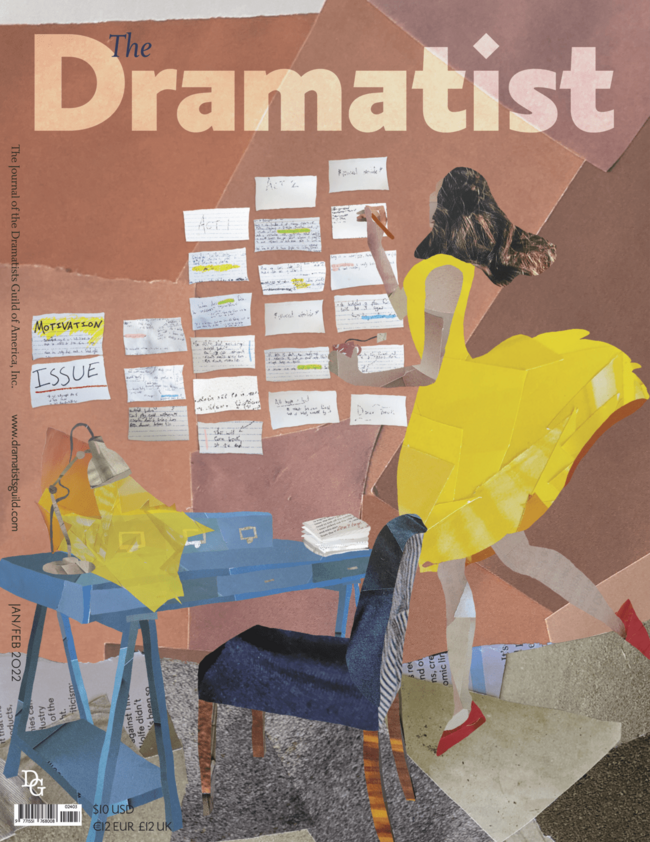
Contemporary American drama, nourished by a diversity of voices, is not limited to any particular approach to dramaturgy. New writing from global majority perspectives challenges theatre departments to consider alternative modes of play analysis. Some artist/scholars are addressing this need by rethinking how we teach dramaturgy to the next generation. They join a growing chorus of educators who want to respond to developing trends in playwriting that incorporate ritual, circular structures, devising, audience immersion, and physical theatre.
I begin my courses with an approach to teaching plays that emphasizes collaboration. The health crisis of COVID 19 and the ongoing crisis of racial injustices has taught us that the world is neither clear-cut nor clearly defined. At Georgetown University, I instruct a gateway course titled Cross-Cultural Performance. The course introduces students to methodologies for engaging with performance practices of global communities. I begin my teaching with the assumption that each of us carry culture within us. What we can know about others must be developed through collaborative engagement with histories and belief systems of those who are “not us.”
Students first think about who they are and how they express themselves. They “perform” their own identity with a song, a dance, or a story. After that we bring in playwrights and creative artists from a cross-section of communities to talk about how they write their experiences. I plan to invite Ethiopian theatre maker Zerihun Berihanu to talk about what it means to translate literature for an Amharic speaking audience, or indigenous playwright and songwriter Tomantha Sylvester to talk about how she crafts her experiences living in a rural community of upper Michigan into narrative solo performances.
Rather than discuss abstract ideas about social justice or racial identities, I want students to deeply engage with artists so they can better understand how experiences of oppression lead to a range of storytelling, from expressions of trauma to explosions of laughter and community solidarity. Or both at the same time.
The classroom is a productive space for aspiring theatre practitioners to directly engage with living writers. What I can teach students is how to use skills of research, creativity, and community practice. Because living playwrights define the field, students learn cross-cultural communication so they can better respond to the perspectives of other art makers throughout their career. We read plays, and we also converse with artists. My hope is that those who take my course will see themselves as cultural beings capable of collaborating with other storytellers.



